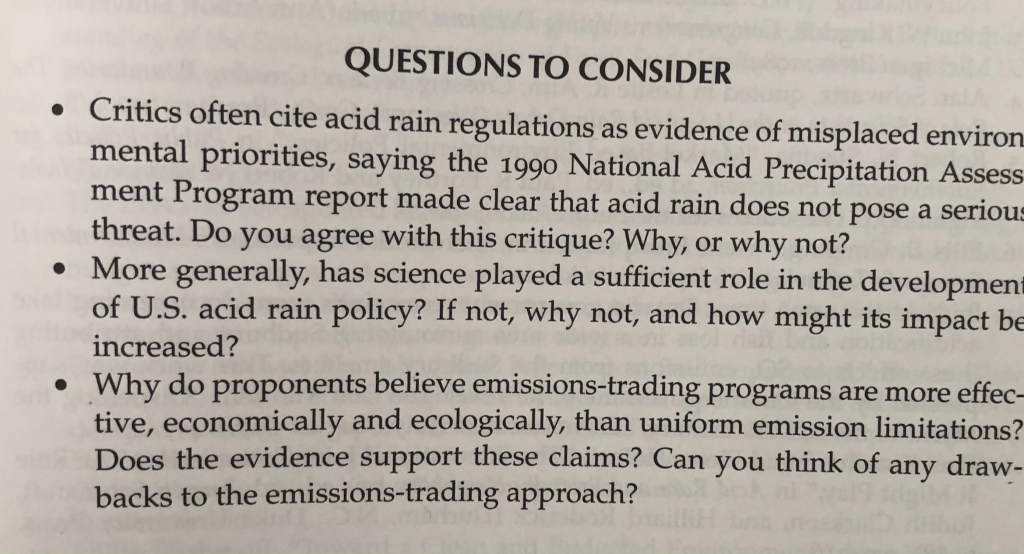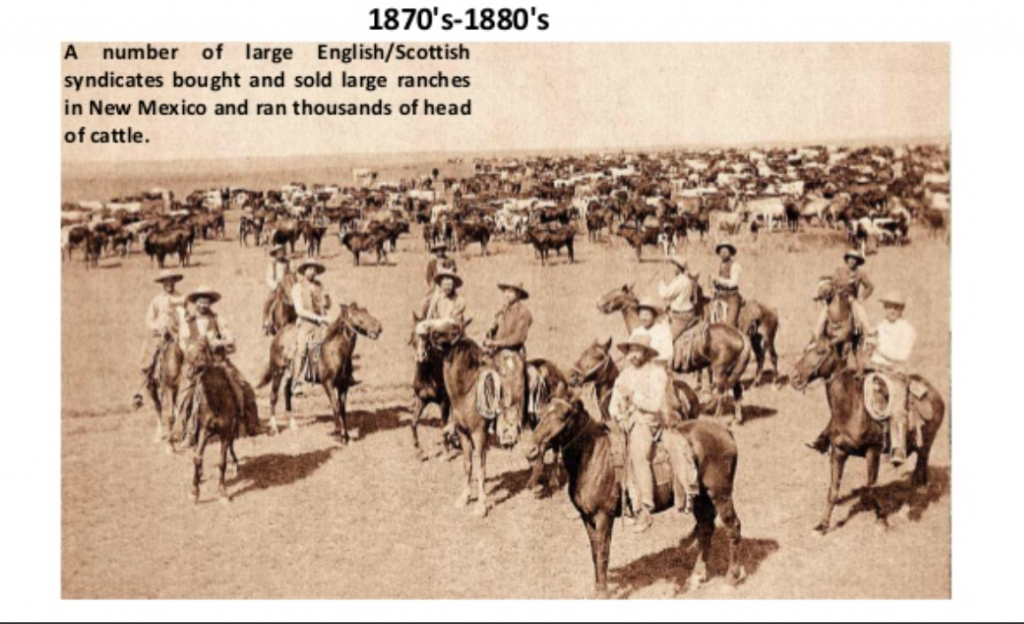A recent article “A New Theory of Western Civilization” (The Atlantic) leads me to wonder about connections between this giving context to the rise of western ideas of the individual self, and the “widely held” beliefs ingrained in Wise Use and Property Rights movements.
The Atlantic article is a deep look into evolutionary biologist Joseph Henrich’s “ambitious theory-of-everything book”, The WEIRDest People in the World: How the West Became Psychologically Peculiar and Particularly Prosperous. I think it offers dimension to the overlooked “how’d we get here, and then export it as if it’s always been this way” and helps me personally stop saying “humans” as if al of us descend from this now-dominant ideology that eagerly seeks to erase its historical coming-to-be.
Human beings are not “the genetically evolved hardware of a computational machine,” he writes. They are conduits of the spirit, habits, and psychological patterns of their civilization, “the ghosts of past institutions.”
One culture, however, is different from the others, and that’s modern WEIRD (“Western, educated, industrialized, rich, democratic”) culture. Dealing in the sweeping statistical generalizations that are the stock-in-trade of cultural evolutionary theorists—these are folks who say “people” but mean “populations”—Henrich draws the contrasts this way: Westerners are hyper-individualistic and hyper-mobile, whereas just about everyone else in the world was and still is enmeshed in family and more likely to stay put.
Starting around 1500 or so, the West became unusually dominant, because it advanced unusually quickly. What explains its extraordinary intellectual, technological, and political progress over the past five centuries? And how did its rise engender the peculiarity of the Western character?
Given the nature of the project, it may be a surprise that Henrich aspires to preach humility, not pride. WEIRD people have a bad habit of universalizing from their own particularities. WEIRD people have a bad habit of universalizing from their own particularities. They think everyone thinks the way they do, and some of them (not all, of course) reinforce that assumption by studying themselves. In the run-up to writing the book, Henrich and two colleagues did a literature review of experimental psychology and found that 96 percent of subjects enlisted in the research came from northern Europe, North America, or Australia. About 70 percent of those were American undergraduates. Blinded by this kind of myopia, many Westerners assume that what’s good or bad for them is good or bad for everyone else.
Continue reading “A Catholic legacy, naturalized”



